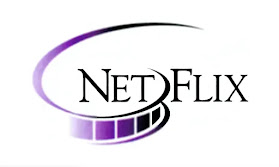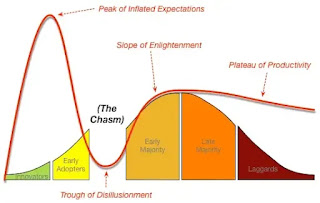However, I only use Instagram, BeReal, and Snapchat every day. I downloaded those apps to keep in touch with friends, keep up with the latest trends, and expose myself to different political events/sides rather than only seeing biased, one-sided news.
I downloaded TikTok, VSCO, and Facebook, even though I hardly ever use them, because I had to download Facebook to get the updates and announcements that my sorority, Tri Sigma, posts. I downloaded VSCO in High School because my friends told me it was the Instagram without judgment or the pressure to look good for guys, but now I never post on it and only use it to edit pictures I want to post on Instagram.
The reason I downloaded TikTok was peer pressure. I put off downloading it until this past summer because I had heard of all the accusations and rumors regarding TikTok. I caved in because I kept coming up with all these ideas for videos I could make if I had the app. So after much thought, I decided to download the app, but with the rule that I make my account private, only follow friends, and don't like any videos on my explore page, so TikTok cannot gather a lot of data on me.
Other than videos I occasionally post on TikTok, I only post pictures on Instagram and Snapchat, and even the things I post are pictures of either me or me and my friends. Both accounts are private, and the images are ones that I could show to my grandparents and future employers.
More specifically, I post pictures from vacations, concerts, special events (prom, graduation, sorority), and UGA football. If I post something with a location tagged, I make sure I am no longer in that location when posting. I never post anything political or controversial because I do not want it to come back and haunt me in the future.
What a stranger could gather about me from my social media is that I am a college student at High Point University, involved with Tri Sigma Sorority and Circle K International, likes to travel and hang out with friends, and is a UGA football fan.
I am proud of all those things, so I do not mind if strangers know that stuff, also because I do not think those things are very personal, not to mention those things are posted on my blog site bio. Therefore, I am ok with future employers knowing that stuff about me because it shows that I am involved in organizations at my school and have interests that expose me to different environments and people.
My Middle school also had us watch videos to educate us about social media and what posting the wrong picture or post could impact the chances of us getting a job or applying to colleges. Their main point was to not post yourself with alcohol or in clothing that was too revealing.
In conclusion, my relationship with social media has been more positive than negative. I was able to reconnect with my pre-school best friend, improve my graphic design skills, and share events that Circle K International and Tri Sigma are hosting and encourage people to get involved.










.jpeg)







